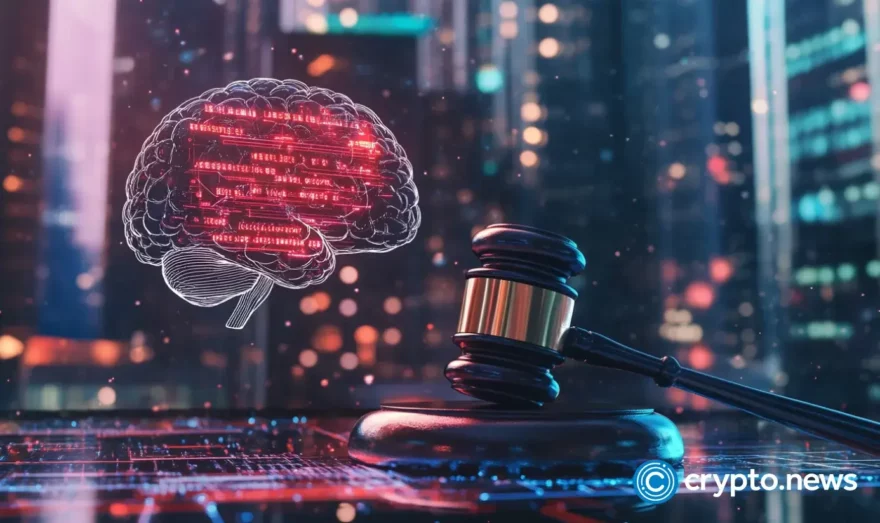Yuga Labs wins trademark case against Bored Ape interloper

Yuga Labs, the creators of Bored Ape Yacht Club (BAYC), a collection of non-fungible tokens (NFTs) featuring digital images of apes, has won a lawsuit against artist Ryder Ripps and his co-defendant Jeremy Cahen, who copied their NFTs and sold them as RR/BAYC.
On April 21, Judge John F. Walter of the Central District of California ruled that Ryder Ripps and Jeremy Cahen had infringed on Yuga Labs’ trademark and rejected their arguments that their copycat project was a form of artistic expression or satire.
The judge found that Ripps and Cahen had acted in bad faith with the intent to profit from their infringing activities.
He continued by saying that the defendants’ effort was just linked to the identical online images connected to the BAYC collection rather than expressing any ideas or points of view.
Judge Walter also said that the First Amendment did not protect Ripps and Cahen’s project, as it was not artistic speech but commercial activity.
Copycat project was ‘artistic statement’
BAYC is a successful NFT project, with some of its digital apes selling for more than $1 million each. The collection has attracted celebrities such as Snoop Dogg and Paris Hilton, who have promoted their apes on national television.
However, the collection has also faced criticism for allegedly referencing neo-Nazi imagery and using apes as a racist trope.
Ripps, a conceptual artist and former husband of singer Azealia Banks, created a website detailing these claims, copied the BAYC NFTs, and offered them as RR/BAYC in May 2022.
He claimed his project was an artistic statement on the nature of NFTs and a protest against Yuga Labs’ practice.
Ripps also sold his NFTs for much less than the original BAYC NFTs, claiming to democratize access to the collection.
Yuga Labs filed a lawsuit against Ripps and Cahen shortly after, accusing the pair of trademark infringement, false advertising, and unfair competition.
The NFT company argued that Ripps and Cahen had misused the BAYC trademarks to trick community members into buying their NFTs instead of the official ones. It also denied any association with neo-Nazi imagery or racism.
Ripps’ lawyer, Louis Tompros, has said they will appeal the ruling, challenging both the validity of Yuga Labs’ trademarks in NFTs and the First Amendment issues they felt weren’t satisfactorily addressed in Judge Walter’s ruling.
Damages are set to be decided at a trial scheduled for June.

















